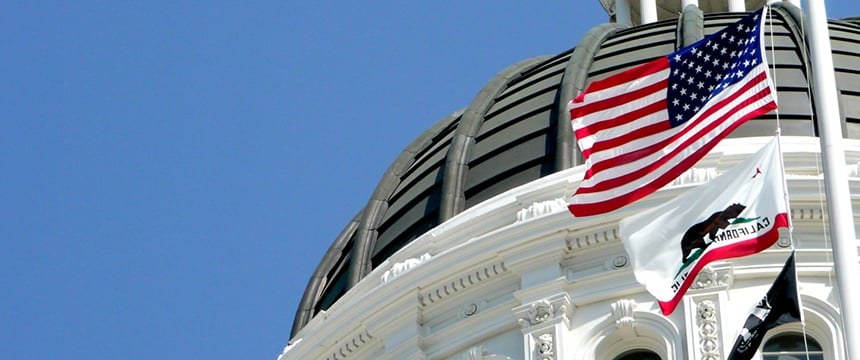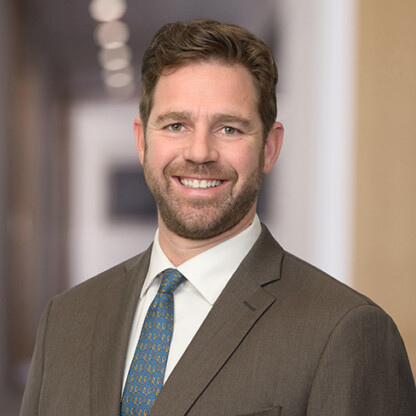
On August 5, 2021, the California Department of Public Health (“CDPH”) became the first state to issue an order that requires COVID-19 vaccinations for health care workers, allowing only for certain religious or medical exemptions.
All workers who provide services at or work in a health care facility in California, are now required to receive their first dose of a one-dose vaccine regimen or their second dose of a two-dose regimen by September 30, 2021. The order covers 14 specific types of health care facilities, including hospitals, skilled nursing facilities, acute psychiatric hospitals, clinics and doctor offices, dialysis centers, among others. In the meantime, and until September 30th, all health care workers must either be fully-vaccinated or undergo mandatory weekly or biweekly testing, under the CDPH’s previous order issued on July 26, 2021.
The August 5, 2021 order provides two exceptions to mandatory vaccination: religious beliefs or a qualified medical condition. Workers who decline the vaccine on the basis of a religious belief are required to submit a signed declination form attesting to the religious belief. In May 2021, the U.S. Equal Employment Opportunity Commission (“EEOC”) issued guidance stating that employers must provide a reasonable accommodation if an employee’s “sincerely held religious belief, practice, or observance” prevents them from receiving the vaccination—unless the accommodation would pose an undue hardship. The EEOC’s guidance further provided if an employee requests a religious accommodation, and an employer is aware of facts that provide an objective basis for questioning either the religious nature or the sincerity of a particular belief, practice, or observance, the employer would be justified in requesting additional supporting information.
The California order on the other hand, gives broader latitude to employees seeking a religious exemption as it does not impose a “sincerely held belief” standard, nor does it contemplate an interactive process whereby an employee can be required to submit additional supporting information beyond a signed declination form.
With respect to the medical condition exception, however, the CDPH order requires employees to “provide to their employer a written statement signed by a physician, nurse practitioner, or other licensed medical professional practicing under the license of a physician stating that the individual qualifies for the exemption (but the statement should not describe the underlying medical condition or disability) and indicating the probable duration of the worker’s inability to receive the vaccine (or if the duration is unknown or permanent, so indicate).”
The CDPH also has ordered visitors to hospitals, skilled nursing facilities, and intermediate care facilities to be fully-vaccinated or show a negative COVID-19 test from within the prior 72 hours. The order applies only to indoor visits and goes into effect next week on August 11, 2021.
The August 5, 2021 CDPH order is the first statewide action of its kind in the nation. As our readers are aware, California often serves as the “canary in the coal mine” with respect to what may later become more widespread employment law developments. We therefore expect to see other states and localities take similar action in the coming weeks, and we will continue to provide updates on this rapidly changing landscape of public health compliance. Foley & Lardner’s Labor & Employment attorneys are available to assist with compliance of these orders, which also implicate a variety of related and complex issues including disparate impact analysis and wage-and-hour compliance that may require careful analysis and drafting.
